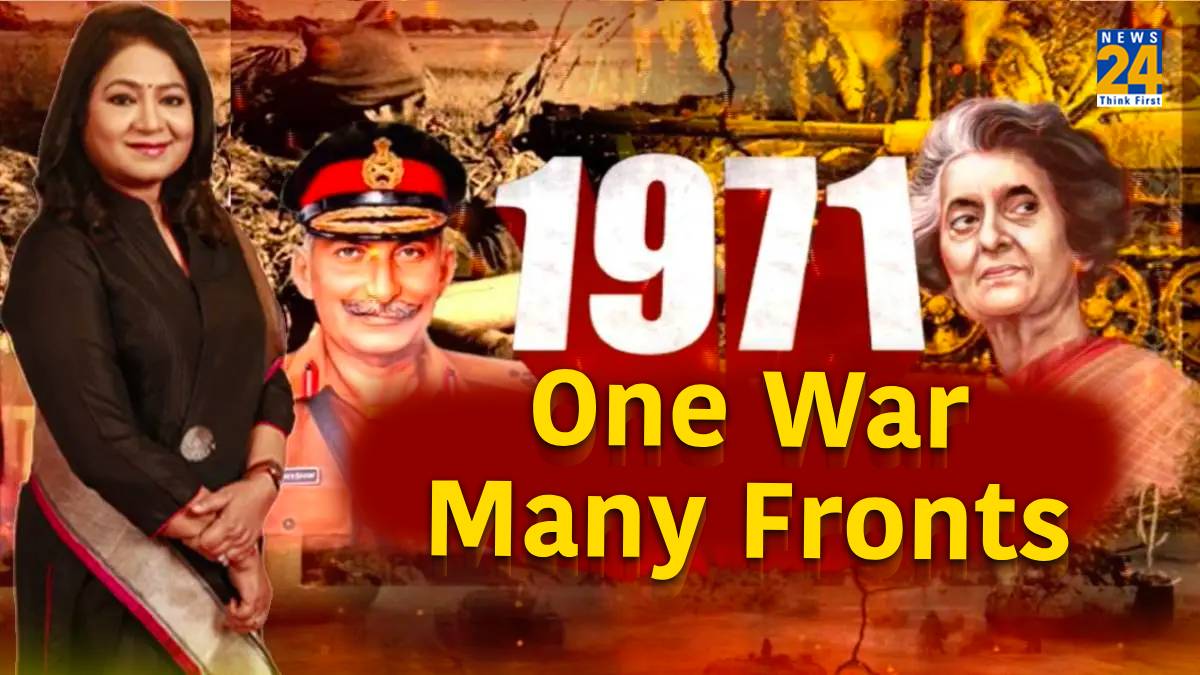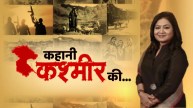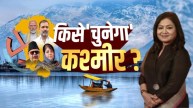Exactly 52 years ago, in the first week of December, the Indian Army was engaged in a significant battle on both the eastern and western fronts. The objective of this war was not the expansion of borders, establishing dominance over any particular region, or seeking revenge. The brave soldiers of the Indian Army were shedding their blood to liberate the people of neighboring countries from boundless atrocities. The warriors of the Indian Army, Navy, and Air Force were sacrificing their lives for the principles and ideals that had emerged from every nook and corner of this land for thousands of years.
In reality, the war of 1971 is part of a 52-year-old history. It holds the essence and glory of India, but historical events are also seen through different lenses based on chronological order. There is an attempt to manipulate facts to either lighten or intensify someone’s role. Heroes are presented to the public according to convenience. In our country, efforts have been made over time to view the 1971 war through different lenses. Sometimes, the credit for that historic victory is attributed to the then Army Chief General Sam Manekshaw, sometimes to Prime Minister Indira Gandhi… sometimes discussions arise about the dynamics between both.
Sometimes, there is an effort to either downplay or emphasize the roles of the Air Force or Navy in their own ways, but any war is fought on multiple fronts simultaneously who silently contribute and, after playing their powerful roles, fade away into obscurity. In that war, through the valor of those brave souls standing tall against the enemy, we will try to understand what the complete truth is… how political leadership and military commanders perceive their roles. To dispel the fog of many questions that arise in the minds of unknown individuals, special programs will attempt to flip the pages of history in the background of the 1971 war… One war, multiple fronts.
Was the victory in the 1971 war solely due to Sam Bahadur?
In the hands of the majority of people in the vast country of India lies the power of the Internet through sleek smartphones—where all sorts of information, both right and wrong, continuously appear on people’s screens. Recently, a film was released—Sam Bahadur. This film is based on the life of Field Marshal Sam Manekshaw… It is evident that the film will heavily portray the personality of Sam Manekshaw. However, a debate is also gaining momentum in the country on street corners, questioning whether the 1971 war was won solely due to Sam Bahadur… and that too in just 13 days.
If then-Prime Minister Indira Gandhi had listened to Sam Bahadur, would India have faced defeat? But what is the truth? Was there any disagreement between Indira Gandhi and Sam Bahadur? Did General Manekshaw ever say that PM Indira Gandhi did wrong to him… did he ever overlook the advice of a professional army general? Intervened in the military strategy on the war front. Probably not. Understanding how a war is fought on multiple fronts and won, it is essential to comprehend how political leadership and the military, from soldiers to generals, work together. In this context, it is necessary to first acquaint ourselves with the backdrop of the 1971 war… only then will it be easier to understand the preparations required on multiple fronts for victory in any war.
Operation Searchlight induced terror
Even though it was connecting Western and Eastern Pakistan through Islam, there were significant differences in the lifestyle, language, and culture between the two regions. Operation Searchlight instilled fear among the people in East Pakistan, prompting them to cross the border and seek refuge in Indian territories to save their lives. This created a significant challenge for India, as accommodating such a large number of refugees within a short span became impossible. In just a few months, nearly one crore refugees entered the bordering states of India from East Pakistan.
Even in today’s date, there are more than a hundred countries in the world with a population of less than a crore. Now, imagine the situation in 1971 with India’s circumstances and the burden of one crore refugees. Concerned about national security, then-Prime Minister Indira Gandhi summoned Army Chief Sam Manekshaw. She asked him whether military action could stop Pakistan. The matter was very complex. Sam Bahadur, with a lifetime of expertise in military discipline and strategy, immediately understood the potential consequences of hasty actions. Without any pressure, he conveyed the truth, and the political leadership, in this case, Indira Gandhi, also acted on the advice of a professional army general. Sam Manekshaw has mentioned this incident in some interviews.
General Manek Shaw was thinking like a military strategist, and Indira Gandhi, like a politician, but neither attempted to interrupt the other’s thoughts. Both held their ground, respected each other, understood the boundaries, and moved forward for what seemed better for India, with complete honesty. During that period, Indira Gandhi was in power with a strong majority, and the opposition was sidelined. However, after Operation Searchlight, when refugees from East Pakistan began entering India, in April- May, the Bharatiya Jan Sangh started protesting against the Indira government on the refugee issue. But with the active participation of the Mukti Bahini, as July approached, there began to be a shift in the Jan Sangh’s stance. Leaders like Atal Bihari Vajpayee played a significant role in preparing the Jan Sangh for this change.
India scripted a plan to align Russia in its favor
Politics was doing its job, and the military was doing its own. The commanders of the Army, Air Force, and Navy were busy with war preparations, while political leadership, during the war and to deflect potential threats, was strategically engaged in diplomatic maneuvers. Indira Gandhi well understood that if the war were prolonged, what could be its consequences? How could America react to Pakistan’s defeat? In this context, during that time, Indira Gandhi assigned then-Foreign Minister Sardar Swaran Singh to handle diplomatic missions. Indira Gandhi herself went on diplomatic visits to Russia and America. India was well aware of how far America could go during the war. In this scenario, India prepared a strong script to bring Russia on its side. In the United Nations, a diplomatic blockade had already been put in place to counter every move by America and Pakistan.
After the 1971 war, Prime Minister Indira Gandhi perhaps never explicitly claimed, “I won this war; it’s because of me that Bangladesh became a separate country.” Instead, she attributed the credit for the victory to the people of India and the Indian Army. She spoke in terms of “we” rather than “I.” Indira Gandhi’s humility is evident in her comparison to Durga, not by any leader of her party but by opposition leader Atal Bihari Vajpayee. This has been the character of Indian politics in crises—an inclusive and grand character and face.
“We won the war together”
In a similar vein, Field Marshal Sam Manekshaw also stated in all his post-war interviews that they won the war together—they fought together. If it is said that General Manekshaw’s role during the war was like that of the Chief of Defence Staff (CDS), it would not be incorrect. He brought together various agencies, including the Army, Air Force, Navy, and others, making everyone work together harmoniously. In the 1971 war, even the spies who risked their lives to gather confidential information about the enemy’s army never claimed that the victory in the war was due to their efforts.
The then RAW Chief Rameshwar Nath Kao also never claimed how significant a contribution his intelligence information made in breaking the backbone of Pakistan during that war. These were the brave warriors of India, true sons, who, with full dedication, played their part in securing the glory and honor of the nation and then quietly faded away into history.










